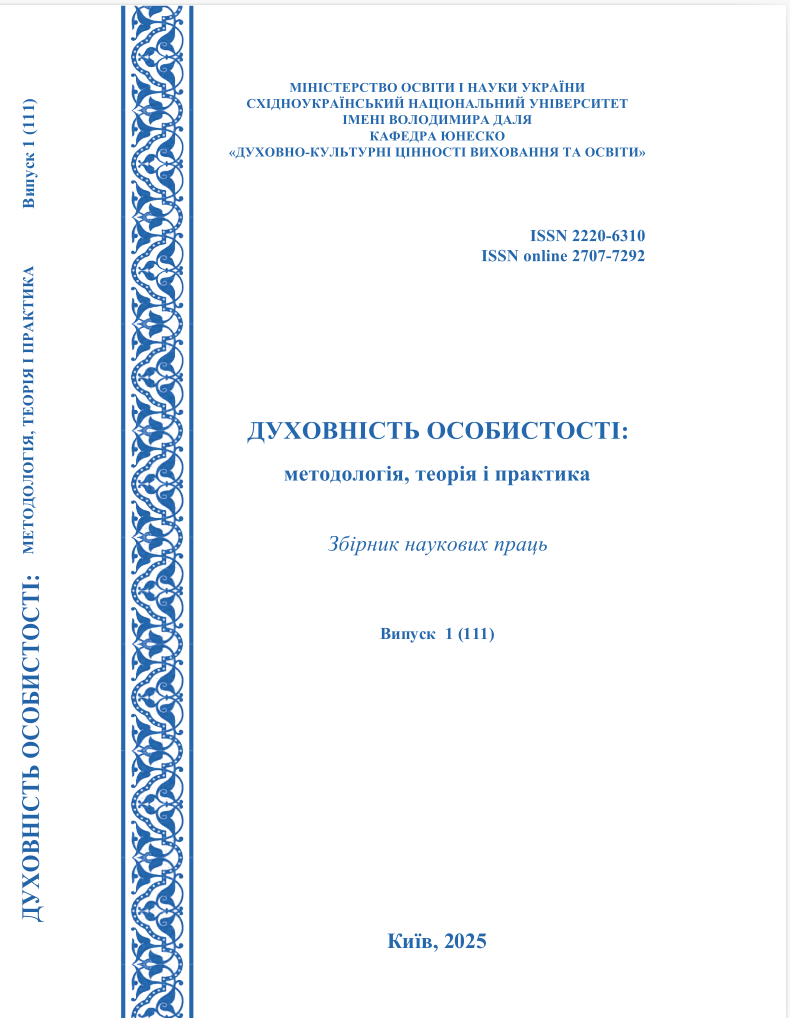The role of a social worker in the process of social adaptation of internally displaced persons in Ukraine
DOI:
https://doi.org/10.33216/2220-6310/2025-111-1-61-71Keywords:
social worker, internally displaced persons, social adaptation, psychosocial support, rights protection, integration, community, partnershipAbstract
The article explores the significance of the professional activity of a social worker in the process of social adaptation of internally displaced persons (IDPs) in Ukraine, driven by the consequences of the full-scale armed aggression. The author analyzes the key areas of work of a social sector specialist, including coordination of access to social services, provision of initial psychosocial support, assistance with legal and administrative documentation, facilitation of IDP integration into host communities, advocacy and protection of rights, combating discriminatory practices, and development of intersectoral partnerships.
Particular attention is paid to the role of the social worker as a mediator between displaced persons and governmental, non-governmental, and international institutions. The article provides practical examples of how social workers contribute to the creation of an inclusive environment, strengthening of community bonds, and mobilization of local resources to support IDPs. The author highlights tools used to reduce social tension, promote awareness, and involve displaced persons in volunteer and civic activities.
The article concludes that the social worker is a key figure in the humanitarian support system during wartime, fulfilling essential functions of assistance, advocacy, communication, and integration. The professional activity of a social worker is comprehensive in nature and constitutes a necessary condition for effective social adaptation of IDPs and sustainable development of host communities.

